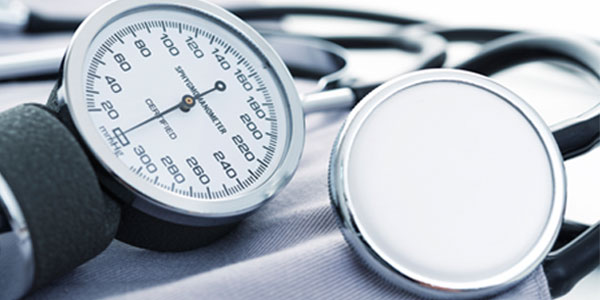The numbers are stark: 1 in 3 adults has high blood pressure (hypertension), but may not be aware of it. The symptoms are easy to miss and, left untreated, high blood pressure can wreak havoc on the body. High blood pressure can lead to a host of serious problems, including heart attack, stroke, kidney failure and vision problems.

Anyone can get high blood pressure – including children and teenagers. The disease most often strikes people who are:
- African American
- Asian
- Latino
- Middle-aged or elderly
- Heavy drinkers
- Smokers
- Inactive
- Overweight
Many lifestyle factors can impact your blood pressure. Some over-the-counter medications can raise your blood pressure as well, says Lincoln cardiologist Reetu Sharma, M.D., of Sutter Independent Physicians.
“Decongestants relieve nasal stuffiness by narrowing blood vessels and reducing swelling in the nose, but they can also affect other blood vessels, which can cause high blood pressure,” Dr. Sharma says. “Some cold medicines are high in sodium and often contain NSAIDs – both may cause your blood pressure to rise even higher.”
Diet pills and appetite suppressants tend to “rev” up the body, which raises your blood pressure, Dr. Sharma says. For women, taking birth control pills may increase the likelihood of getting hypertension.
“Medical researchers have found that birth control pills increase blood pressure in some women,” Dr. Sharma says. “It’s more likely to occur if you're overweight, have had high blood pressure during pregnancy, have a family history of high blood pressure, or have kidney disease. The combination of birth control pills and cigarette use may be especially dangerous.”









